Top 7 Jamaican Culture, Customs and Etiquette
Should you remove your shoes when visiting friends? Should you greet those on elevators with a smile? When thinking about the dos and don'ts in your own ... read more...nation, these questions might not seem like the most obvious ones, but things that you might not even consider at home can have a major impact abroad. Here is a list of Jamaican Culture, Customs and Etiquette.
-
Jamaica may be quite a contradictory place; while it's acceptable to show up at a sound-system party in just a few strips of clothing, wearing a bikini anyplace else outside the beach is likely to offend people. Furthermore, because most locals take great care in their appearance, skulking around in a rumpled T-shirt stained with last night's jerk sauce is a surefire way to be ignored.
If you want to go partying, though, you should wear something smart, and men should wear long pants if they want to eat at the finer restaurants (jackets are required only at the most expensive places). While an open offer to bed within the first five minutes of meeting someone can be unsettling, at least you know where you stand. Jamaicans are refreshingly frank; your huge nose or bald head will be viewed as fair game for discussion.
At the same time, traditional manners are upheld here; failing to say "good morning" or "good afternoon" to a store employee before making a request is considered impolite while passing them on a rural street. In Jamaican society, the elderly are revered, and it's customary to address people who are significantly older than you by their last name. Children are taught to always show respect for their elders and to never argue.
It's nice to ask before taking someone's photograph (and don't be surprised if they ask for a little money if they say yes), but keep in mind that many locals are becoming a little tired of playing the role of the "Jamaican Rasta" or "market lady" in the holiday photos of a thousand visitors.
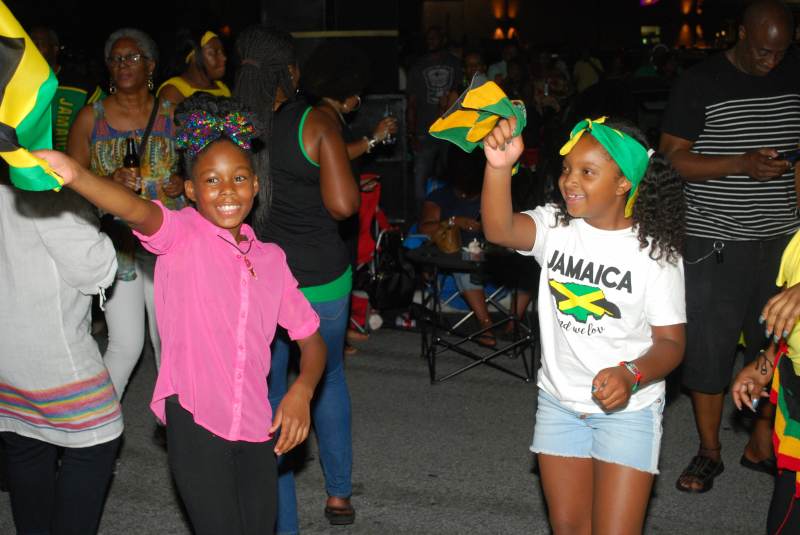
https://jamaicans.com/ 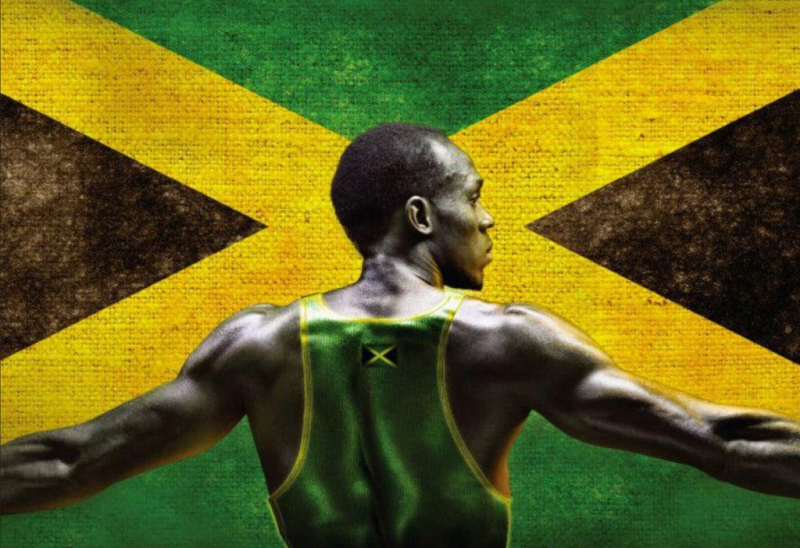
https://jamaicans.com/ -
Jamaicans have a healthy mistrust of those in positions of power and prefer to place their trust in people they are familiar with and who treat them like family, such as their extended family and close friends. This is demonstrated by the fact that many people still favor creating a "partnership" with friends and family over visiting a bank to obtain a loan.
A partner is a financial agreement made by neighbors and friends. Each member of the group commits to making a fixed investment into the partner for a predetermined number of weeks. A down payment for a significant purchase, like a house or a business, is made with accumulated funds.
Trust is the fundamental quality a partner must possess. A friend or relative must endorse a person in order for them to join the elite group.
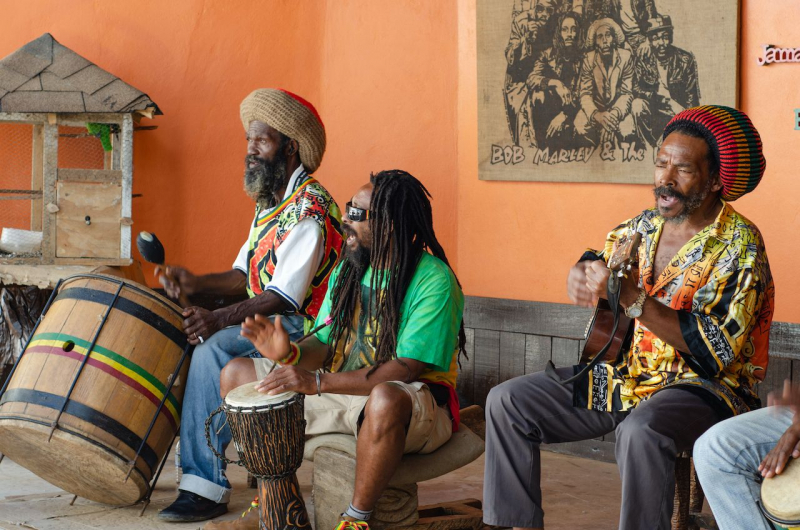
https://matadornetwork.com/ 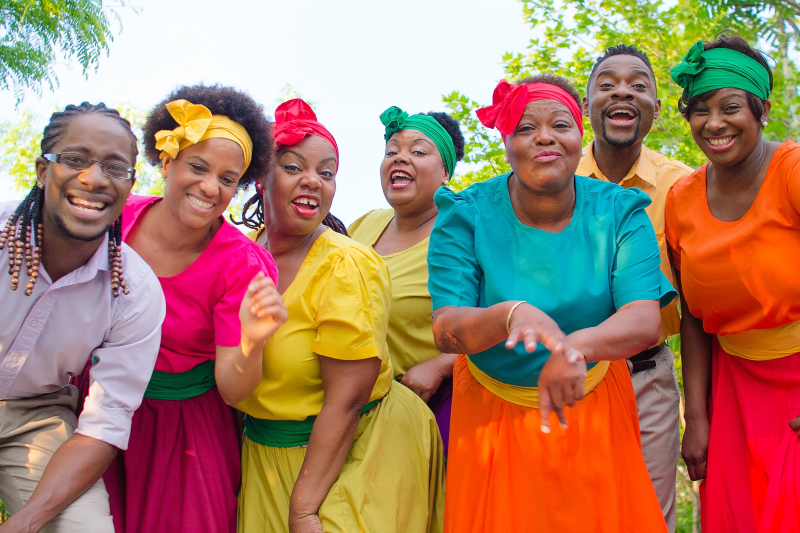
https://unaydesign.blogspot.com -
Marcus Garvey, who founded an organization called the Universal Negro Improvement Association in 1930s Jamaica, gave rise to rastafarianism (UNIA). The organization's goal was to restore blacks to the lands that had been taken from them.
In essence, they hold that they are one of the lost tribes of Israel who were brought to Babylon (Jamaica) as slaves and sold into slavery, and that they must return to Zion, which they believe to be Ethiopia.There are no established congregations, no paid clergy, and no established dogma in the movement. In the early stages of its development, Rastafarians in Jamaica faced discrimination.
But when Rastafari gained popularity in the 1960s and 1970s, thanks to the influence of Reggae music and Rastafarian personalities like Bob Marley, it grew more and more mainstream. Since then, rastafarianism in Jamaica has evolved into a celebration of the country's uniqueness and is no longer stigmatized.
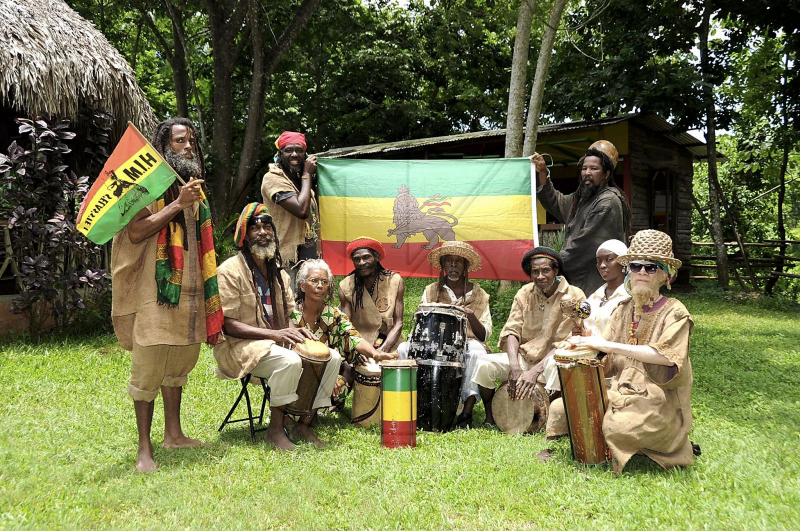
http://www.digjamaica.com 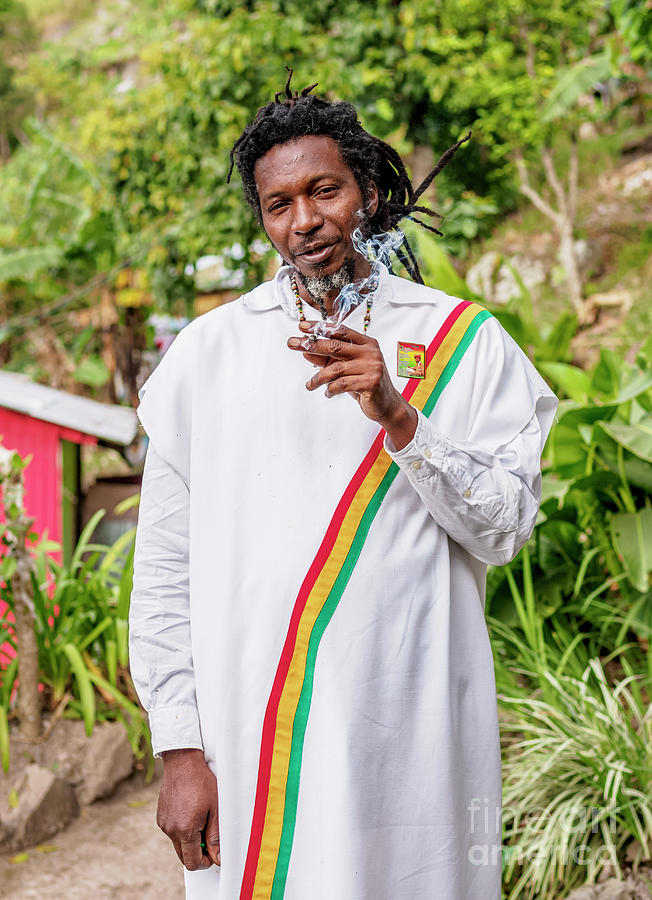
https://pixels.com/ -
When dining out or attending formal events, people are often judged by their table manners. There are some manners and behaviors you should adhere to. These are some fundamental manners that lead to more sophisticated politeness for formal settings. As more companies assess your social skills as part of the interviewing process, it is becoming more crucial.
You must be aware of the fundamental guidelines whether you eat at home or somewhere else. We'll show you how to behave during a formal dinner, in addition to teaching you the fundamentals of table etiquette.Table etiquette is generally informal. The protocol is stricter when the event is more formal. When in doubt, observe what others are doing and act similarly. Wait until you are welcomed to and directed where to sit before sitting down. Continental table manners dictate that the knife should be held in the right hand while eating and the fork in the left.
Meals are frequently presented like a buffet. Wait until the host invites you to start eating before you start. It's fine to keep your hands on your lap while not eating. Try everything since doing so shows grace. To eat, always use utensils. It is customary to consume the entirety of your food.
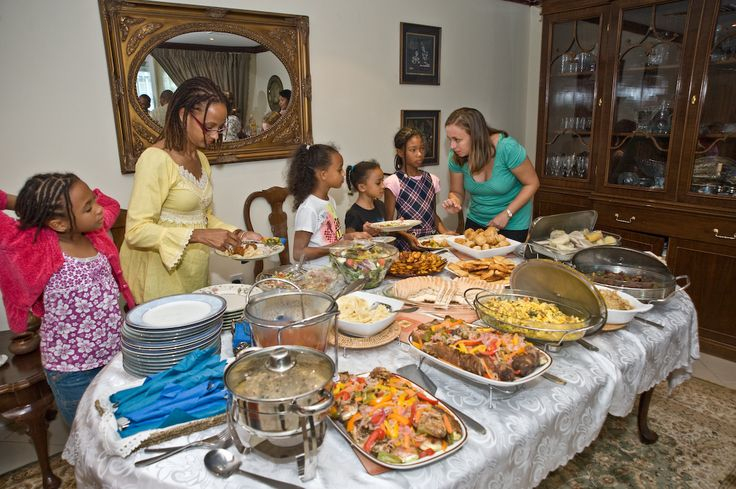
https://www.pinterest.com/ 
https://pripsjamaica.com -
Although it is not necessary to have a third party introduce you, doing so might hasten the process of building the trusting relationship that is so important for successful business transactions. Building relationships and a network might be essential for long-term commercial success. Jamaicans are externally cheerful and outgoing, but once they get to know you, they tend to be reserved, which makes them appear distant at first.
At the outset of the conversation, avoid appearing overly familiar. Relationship development requires social interaction. In Jamaica, status is valued. When speaking to someone who is not an employee, it is quite usual to refer to them as "bossman" or "bosswoman." Jamaicans are frank and clear communicators who don't hesitate to express their opinions.
They anticipate directness from others. They admire tact and compassion while detesting overt hostility. Even if they don't agree with what you stated, they will nonetheless politely express their opinions to you. They value linear thinking and logic. Respecting and submitting to those in positions of authority is essential. When speaking to someone on an equal footing, communication might be more casual. When speaking, Jamaicans huddle closely together. While speaking, a man may touch the arm or shoulder of another man or even touch his lapel.
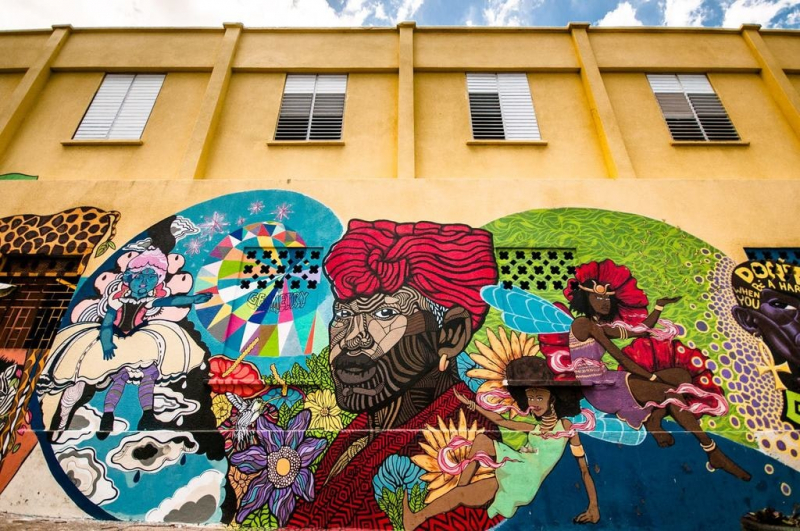
https://theculturetrip.com/ 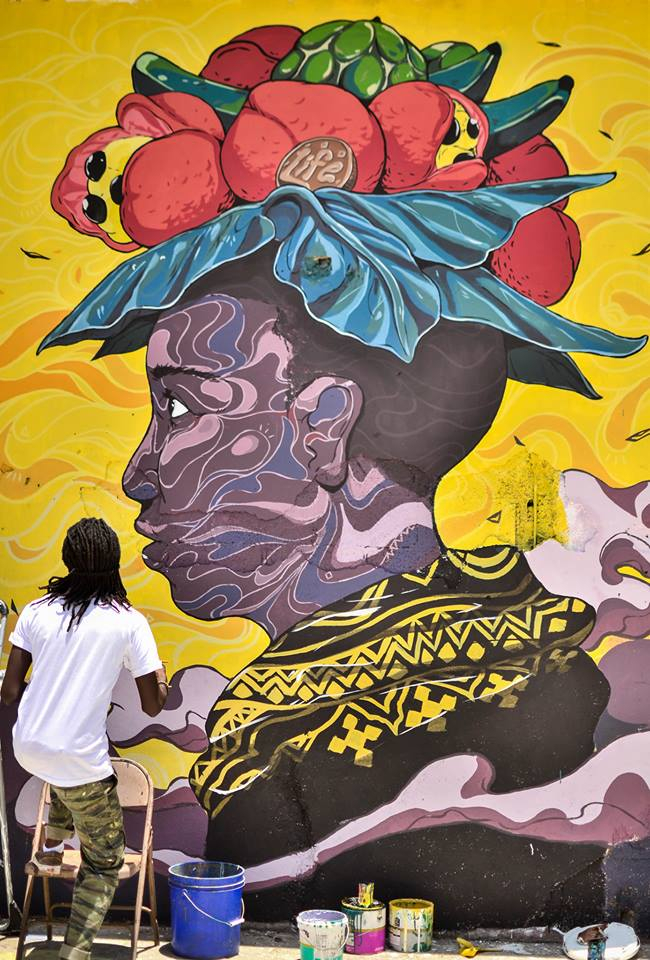
https://www.tajtenfold.com/ -
Your first interaction with clients, customers, friends, and colleagues is through introductions and greetings. For the start, it's crucial that you get it correctly. Making a first impression takes between 7 and 10 seconds, and it lasts a lifetime, according to scientific research. You must ensure that your initial meeting is memorable in all the right ways.
The most typical greeting is a handshake, followed by warm smiles and direct eye contact. Say "good morning," "good afternoon," or "good evening" depending on the time of day. Women may embrace and kiss on each cheek, beginning with the right, if a friendship has been established.
When greeting one another or speaking, men frequently touch each other on the shoulder or arm. Prior to developing a personal connection, use the honorific titles Mr., Mrs., or Miss along with the person's last name. Never call someone by their first name unless you've been invited. You might be invited to refer to the person by their nickname as your connection develops.
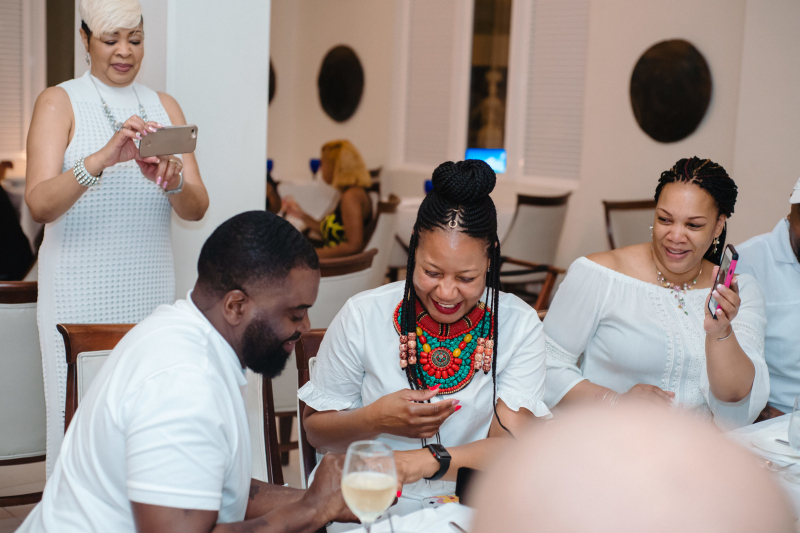
https://blacknuptials.com 
http://guyanachronicle.com/ -
The importance of religion in Jamaican culture is evidenced by the many allusions to biblical events in discourse. The island contains more than 100 different Christian denominations and the biggest number of churches per capita in the entire world.
The major Christian groups in Jamaica include Roman Catholics, Anglicans, Baptists, Methodists, Pentecostals, and Brethren. Various denominations generally hold Communion services, candlelight rituals, concerts, all-night prayer gatherings, and sing Christmas carols during the holiday season.
A tight-knit network of grandparents, aunts, uncles, and cousins makes up the Jamaican family. Families are tight and help their members financially and emotionally. The family is the most significant group to which an individual belongs, and as such, it is the group with whom the individual spends the most of his or her time cultivating and sustaining friendly interactions.

https://www.my-island-jamaica.com/ 
https://fineartamerica.com




























